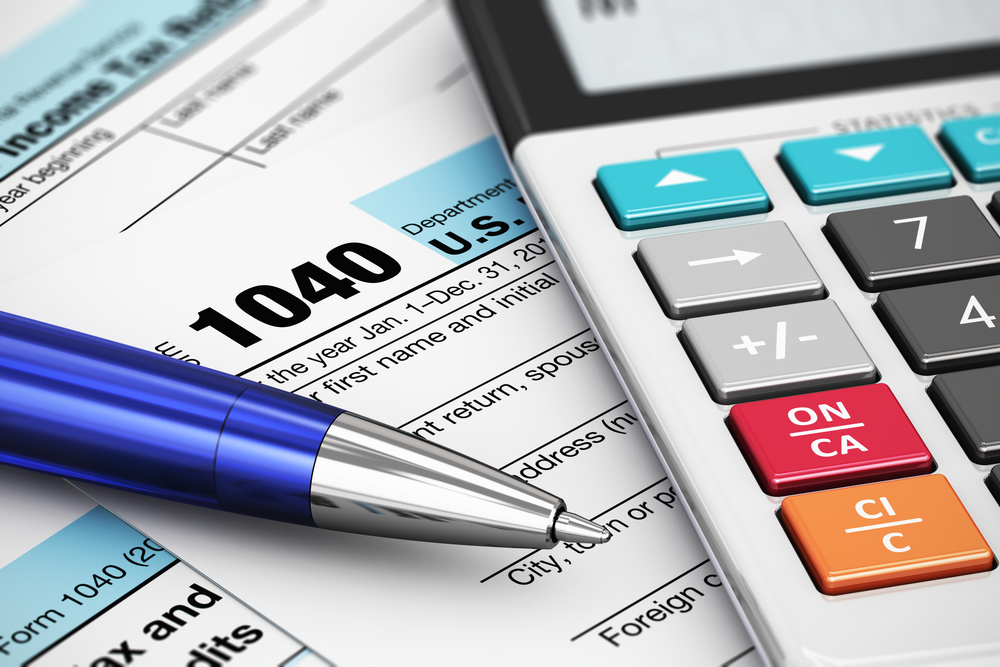Rental Real Estate Tax Tips – Income, Deductions and Recordkeeping
As a rental real estate owner, it’s important to be aware of your federal tax obligations. Knowing this information up front will prevent you from getting into a problematic situation. The first thing to understand is the method of reporting you use will depend on whether you’re a cash basis or accrual method taxpayer. The next important topic is knowing the exact classification of rental income.
The IRS states that “generally must include in your gross income all amounts you receive as rent. Rental income is any payment you receive for the use or occupation of the property. You must report rental income for all your properties.” They also explain that other forms of payment may need to be reported on your tax return, including advance rent, payments for canceling a lease and security deposits that you end up keeping.
More Types of Rental Income (Plus Tips on Deductions)
Another area that can get confusing is expenses paid by a tenant. As the IRS explains, “expenses paid by tenant occur if your tenant pays any of your expenses. You must include them in your rental income. You can deduct the expenses if they are deductible rental expenses.” Other income areas to be aware of include property or services received lease with option to buy and part interests in rental properties.
Now that we’ve covered all the different types of income that the IRS expects rental real estate owners to report, you’re probably wondering what kind of deductions are available. Deductible expenses can include mortgage interest, property tax, operating expenses, depreciation, and repairs. The IRS allows you to deduct the ordinary and necessary expenses for managing, conserving and maintaining your rental property. Interest, taxes, advertising, utilities, certain supplies, and maintenance are all examples of deductions that rental real estate owners can generally make.
One deduction that’s not allowed is the cost of improvements. The IRS makes it clear that a “rental property is improved only if the amounts paid are for a betterment or restoration or adaptation to a new or different use.” However, it can be possible to recover some or all of your improvements by using Form 4562 to report depreciation beginning in the year your rental property is first placed in service, and beginning in any year you make an improvement or add furnishings.
As you can see from both the income and deductions side, there’s a lot that goes into staying on track with your tax obligations as a rental real estate owner. These obligations are why it’s vital to keep good records. The IRS makes it clear that you “must be able to document all information if your return is selected for audit. If you are audited and cannot provide evidence to support items reported on your tax returns, you may be subject to additional taxes and penalties.”
If you have any other tax questions related to rental real estate, you can easily get a free consultation with Donohoo Accounting Services by calling 513-528-3982.








